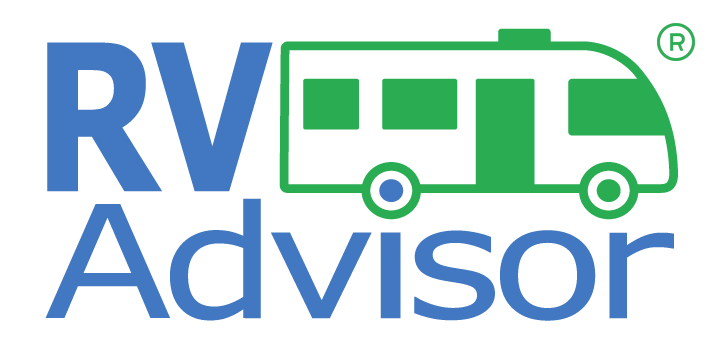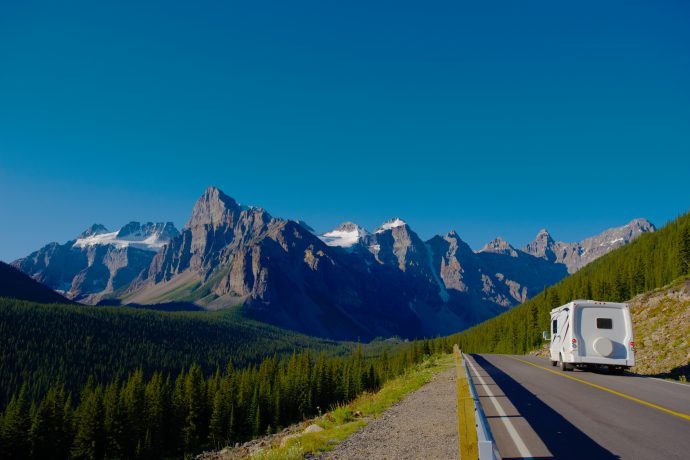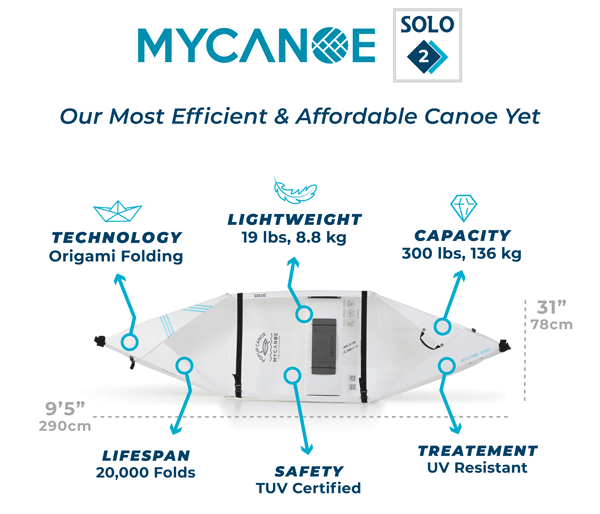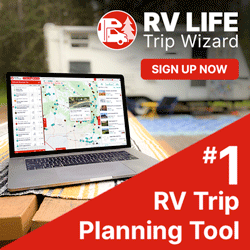5 ways to budget for a coast-to-coast RV trip
So, you are ready for the Big Time … a cross-country RV trip. Whether you’re new to the world of RVing, or it’s something you’ve been working up to for a while, a trip like this takes a lot of careful planning. Another thing to consider is your budget. A coast-to-coast adventure is obviously going to take more time and money. So, how much should you allow for a trip of this magnitude?
Here are five ways to budget for a coast-to-coast RV trip
1. First, answer a few questions
Before you do anything else, you’ll need to ask yourself several questions:
- How much can you afford to spend?
- How much time do you have?
- How far do you plan to travel?
- What is your level of comfort? Are you okay with minimal luxuries or are you willing to pay for extra amenities at campgrounds?
- What kinds of activities do you plan to see and do?
2. Decide where you want to go
Your coast-to-coast trip is probably not going to include “everything” in the U.S. Our country is a very big place, and it’s impossible to see it all, at least not on the same trip. So, you’ll need to choose your destinations carefully. This will determine your route, how many miles you plan to travel, and where you stop.
Here’s something else to think about as you plan. Is this a once-in-a-lifetime adventure? Meaning, will you travel cross-country again? If this will be your only shot, you want to include your bucket list of destinations and activities.
4. Plan, plan and then plan some more
It might seem romantic to hit the road and go where the spirit leads, but a cross-country RV trip requires extra planning. If you create an itinerary and do research beforehand, you will end up spending less money. You might also consider traveling during off-season months when prices are lower, and reservations at popular camping destinations are easier to come by.
5. Estimate how much you’ll pay for various expenses
The expenses for a coast-to-coast RV trip can include campsite rentals, car rental if you don’t bring your own vehicle, campground amenities, gas, highway tolls, food, and all of your entertainment and activities.
Camping fees
Campground fees can be inexpensive, but luxury sites can run up to $230 per night, so it depends on where you stay. Sometimes campground amenities are included in the fees, but not always, so you’ll need to do some research. To estimate camping fees, use an online route planner to help find places that fit your budget.
Gas expenses
To estimate gas expenses, you’ll need to know how many miles per gallon your RV gets, how many miles you plan to travel, and the average price of gasoline where you’re going. (Keep in mind that states often have wildly different gas prices, so do a little research in this area, too.)
Here’s a good formula to use:
1. Say your motorhome gets 10 mpg
2. Gasoline costs $3/gallon
3. Your trip distance is 2,000 miles
4. Divide 10 into 2,000 and then multiply by $3
5. Gas expenses would be around $600.
NOTE: If you plan to run a generator, you’ll need to calculate fuel costs for that as well.
Entertainment, tours, and other activities
Entertainment fees can include park entries, theme park tickets, sightseeing tours, festivals, rental equipment, parking fees, and food. If you want to visit popular tourist destinations like the Grand Canyon or Disney World, plan on spending more, especially if you go during peak season. If you plan more leisurely activities – or you travel in the off-season – you can save more money.
Food costs
Food will be another big expense, but you can control where and how you eat. Come up with a food budget similar to what you do at home. You can save money by cooking most meals in your RV, but you’ll want to include eating out or buying meals in places where you can’t bring your own food such as theme parks. It’s likely you’ll eat out more while you’re on the road so plan accordingly.
A coast-to-coast RV trip can be more affordable than you think. It just takes some careful planning to design the adventure of a lifetime. For more helpful tips, become an RV Advisor Member today.































